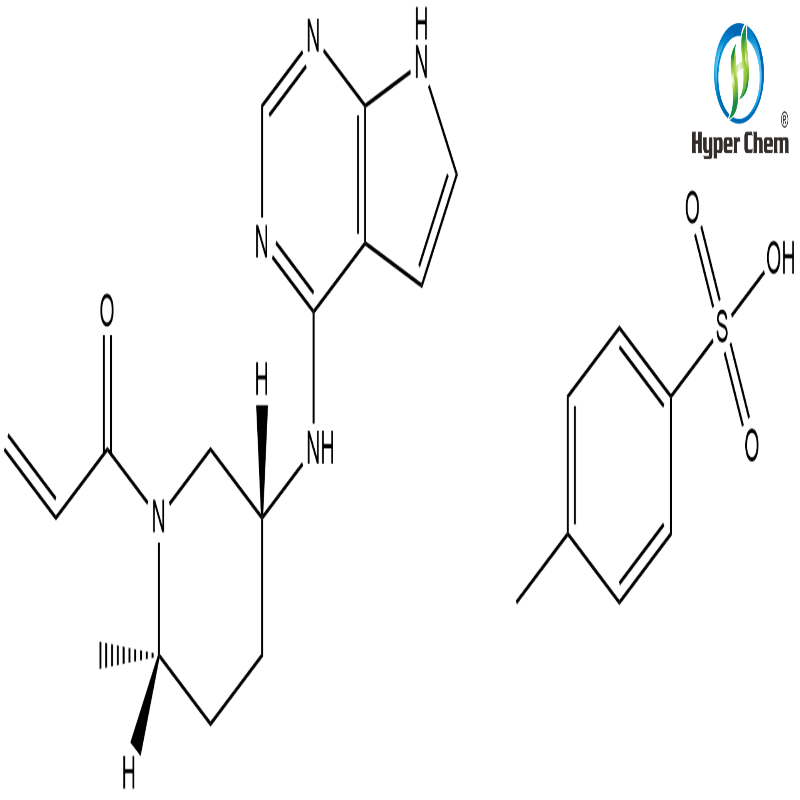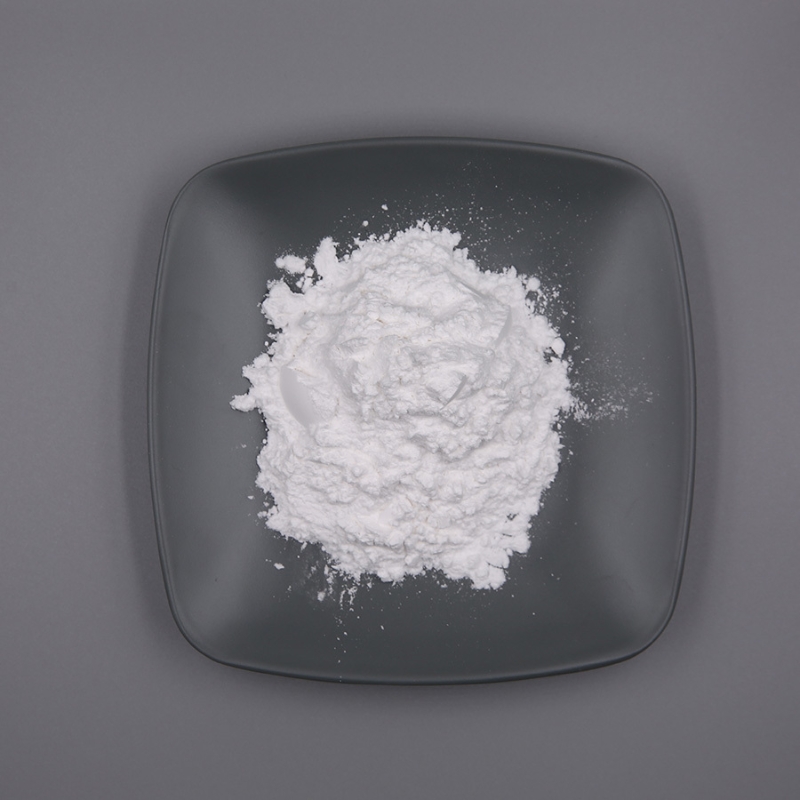-
Categories
-
Pharmaceutical Intermediates
-
Active Pharmaceutical Ingredients
-
Food Additives
- Industrial Coatings
- Agrochemicals
- Dyes and Pigments
- Surfactant
- Flavors and Fragrances
- Chemical Reagents
- Catalyst and Auxiliary
- Natural Products
- Inorganic Chemistry
-
Organic Chemistry
-
Biochemical Engineering
- Analytical Chemistry
-
Cosmetic Ingredient
- Water Treatment Chemical
-
Pharmaceutical Intermediates
Promotion
ECHEMI Mall
Wholesale
Weekly Price
Exhibition
News
-
Trade Service
September 17, 2020 // -- In a recent study published in the international journal Proceedings of the National Academy of Sciences, scientists from the Centennial Institute and others found the absence of a kinase called arginol in the liver. Special enzymes 2 (SphK2, sphingosine kinase 2) may cause the body to develop significant insulin resistance and poor glucose tolerance, all of which are symptoms of early type 2 diabetes, and the results may help researchers develop new treatments for diabetics.
Photo Source: CC0 Public Domain Researchers say SphK2 enzymes are important for the body's blood sugar regulation process, and after studying mouse models, the researchers found that the absence of SphK2 enzymes in the liver promotes the accumulation of the fat product statins, thereby impairing insulin function in the liver.
Insulin sends signals to fat, liver and muscle cells to get glucose from the blood, while insulin resistance means that cells are unable to respond properly to insulin and do not help adequately lower the body's blood sugar levels, potentially leading to type 2 diabetes. Qi, a
researcher, said the results of this paper show that SphK2 enzyme is an important participant in the body's insulin regulation process, later we will use more in-depth research, using genetic or pharmacological means to target the action of SphK2 enzyme and pythonol to observe changes in the body, if we can help bring the body's blood sugar levels back to normal, we may be able to help control insulin resistance and diabetes patients.
There are currently about 1.8 million Australians affected by diabetes, which is also associated with reduced life expectancy, blindness, amputation, an increased risk of heart disease and a decline in quality of life.
() Original source: Gulibositan Aji, Yu Huang, Mei Li Ng, et al. Regulation of hepatic insulin signaling and glucose homeostasis by sphingosine kinase 2, Proceedings of the National Academy of Sciences (2020). DOI:10.1073/pnas.2007856117.







